A season for those who are discouraged and down
Written by H, Posted in Christian Living, Published Work
Finding joy at Christmas can be very difficult for some people.
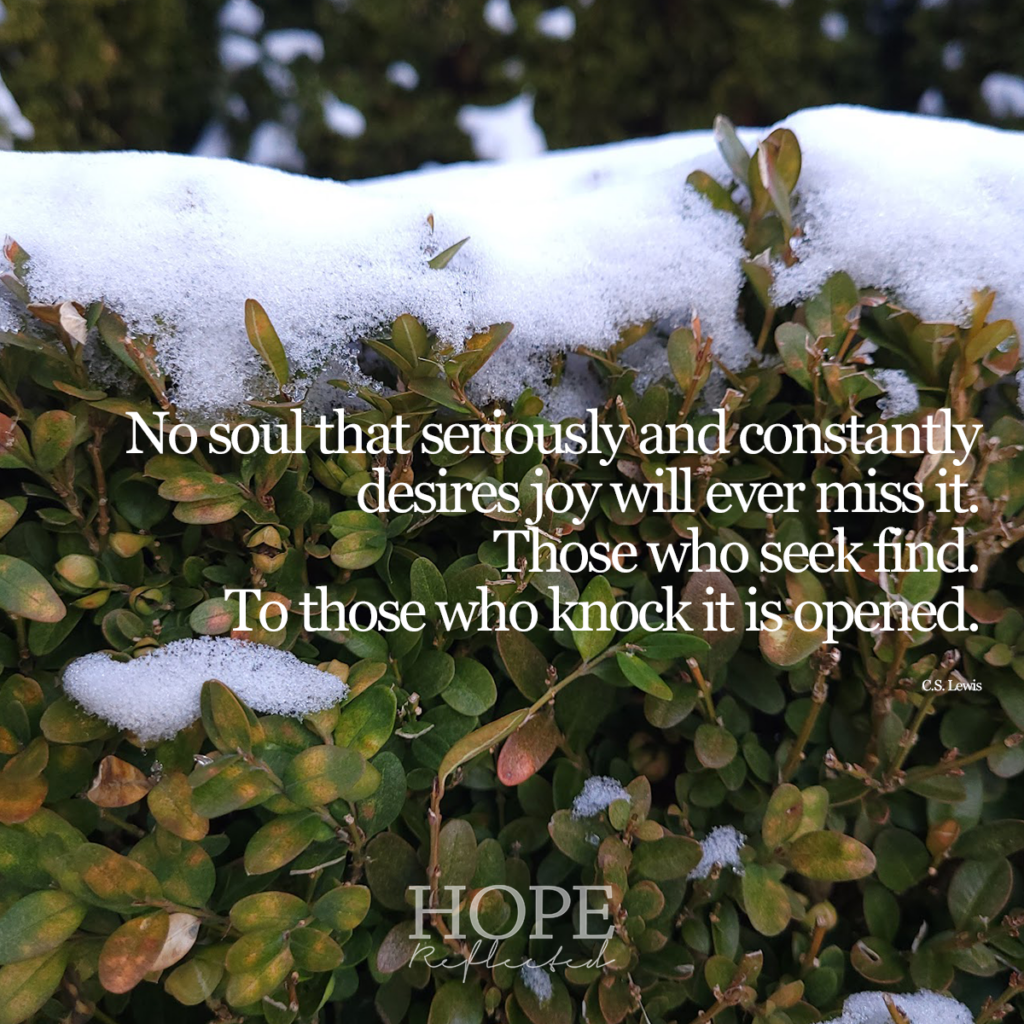
As we move through the final week of Advent, we look at the theme of joy. The first advent of Jesus came during a time when people were discouraged and down. It was a time when people were not joyful. This is one reason the Gospel of Luke’s account of that first Christmas includes a history of John the Baptist and his parents Zacharias and Elisabeth.
Then joy arrived
Zacharias and Elisabeth lived during the “days of Herod the king” (Luke 1:5). A foreign ruler and friend of the Romans, Herod made Judea part of the Roman empire. Things were not going in Israel’s favour. Things were bad, and then joy arrived with the birth of John and then Christ’s first coming. Things got really good. As Matthew Henry wrote, “Israel enslaved, yet then comes the glory of Israel.”
Zacharias and Elisabeth were John’s parents. Elisabeth was barren, and in addition, she and her husband were now “well stricken in years” so she was past the age of bearing children. In Biblical times, part of being a woman included having children, and to not be able to have children was a tremendously difficult burden to bear. (Read 1 Samuel 1 for a better understanding of the grief and depression of being barren).
“joy cometh in the morning.”
David wrote in Psalm 30:5 “…weeping may endure for a night, but joy cometh in the morning.” Just as we cannot grow our faith without first facing fear and other unfavourable feelings, so we cannot experience joy without first experiencing grief and other sorrows. How do you even know what joy is unless you’ve first come to know what it most certainly is not?
The angel of the Lord visited Zacharias and foretold of John’s birth. “…thy wife Elisabeth shall bear thee a son, and thou shalt call his name John. And thou shalt have joy and gladness; and many shall rejoice at his birth.” (1:13-14). The angel also visited Mary and shared with her the news that she would carry Christ, and the news that her cousin Elisabeth was pregnant. “For with God nothing shall be impossible.” (1:36). After the grief of barrenness, imagine the joy of a child! What a beautiful reminder that in and of ourselves we are fruitless, until God miraculously intervenes!
A strength to grow our faith
Mary hurried to visit Elisabeth, who greeted Mary, “Blessed art thou among women, and blessed is the fruit of thy womb… For, lo, as soon as the voice of thy salutation sounded in mine ears, the babe leaped in my womb for joy.” (1:42, 44). The babe, John (very much a living human in the womb), leaped for joy.
“No soul that seriously and constantly desires joy will ever miss it.
C.S. Lewis
Those who seek find.
To those who knock it is opened.”
Joy! What a strength to grow Mary’s faith! “And Mary said, My soul doth magnify the Lord, And my spirit hath rejoiced in God my Saviour… For he that is mighty hath done to me great things; and holy is his name.” (1:46-47, 49). The first advent of Christ reminds us that God does great things on behalf of those who believe in Him. And to believe in Him is to know true joy. As C.S. Lewis wrote, “No soul that seriously and constantly desires joy will ever miss it. Those who seek find. To those who knock it is opened.”

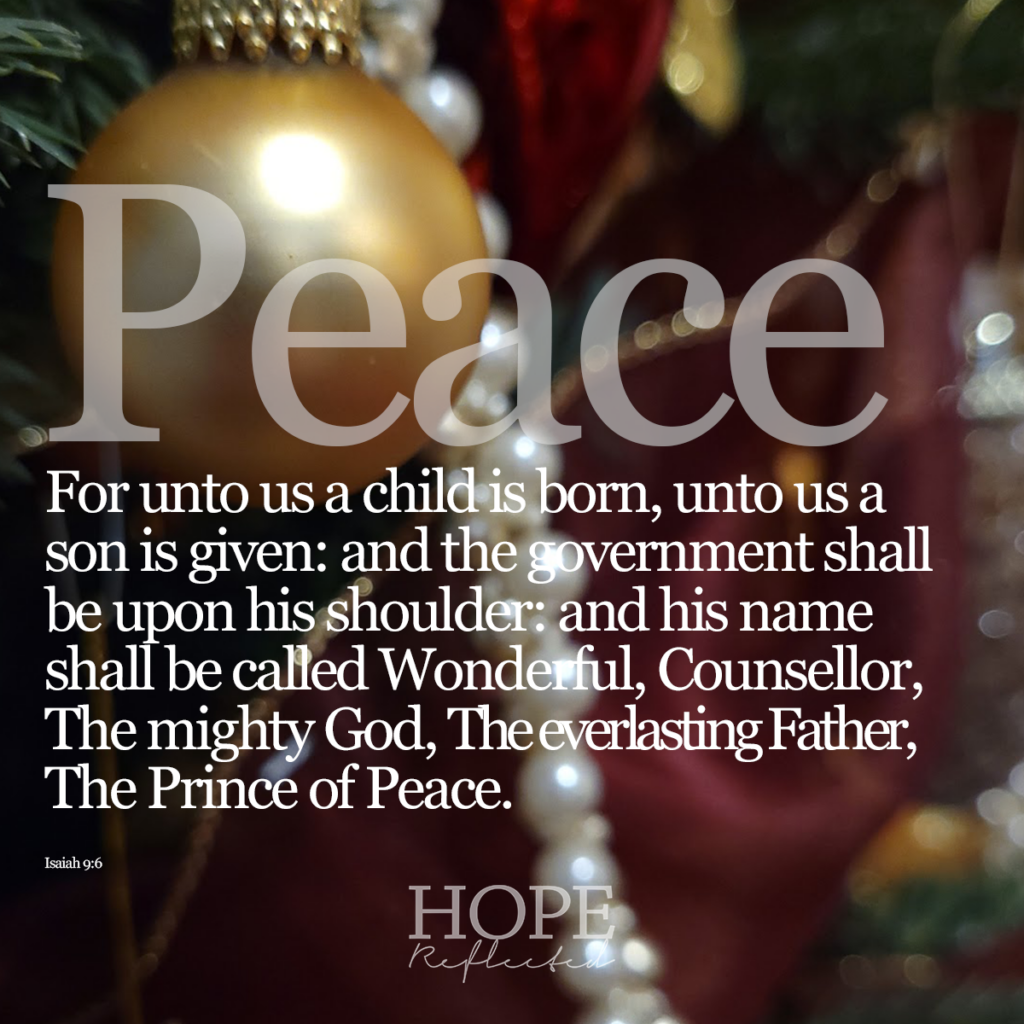
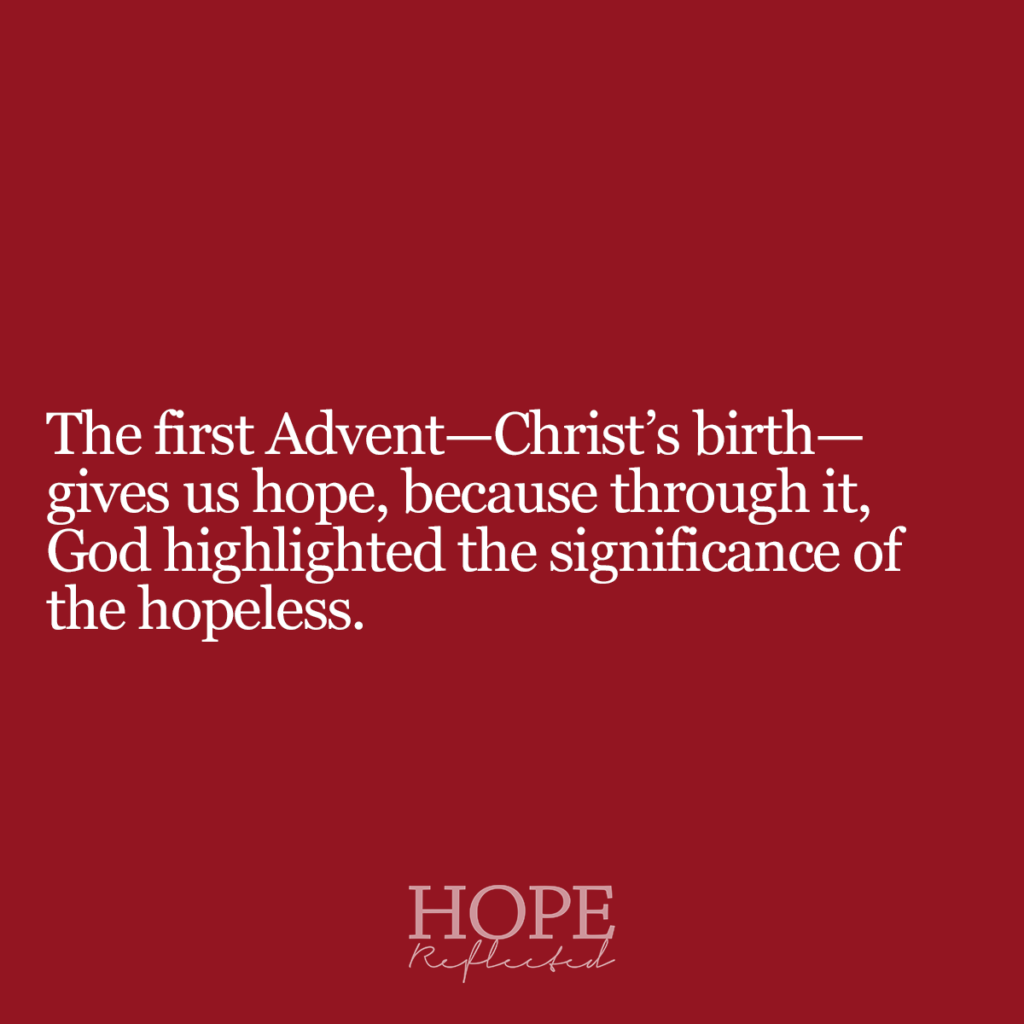
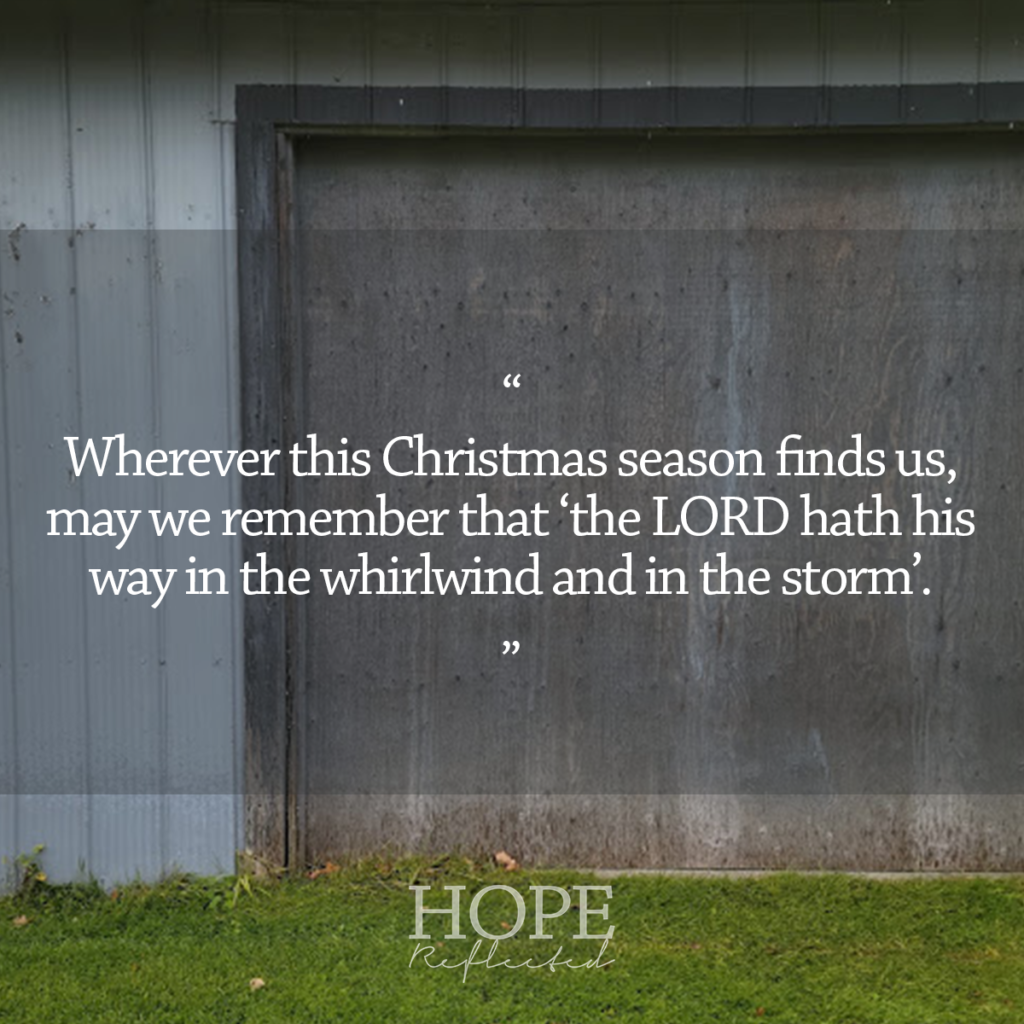
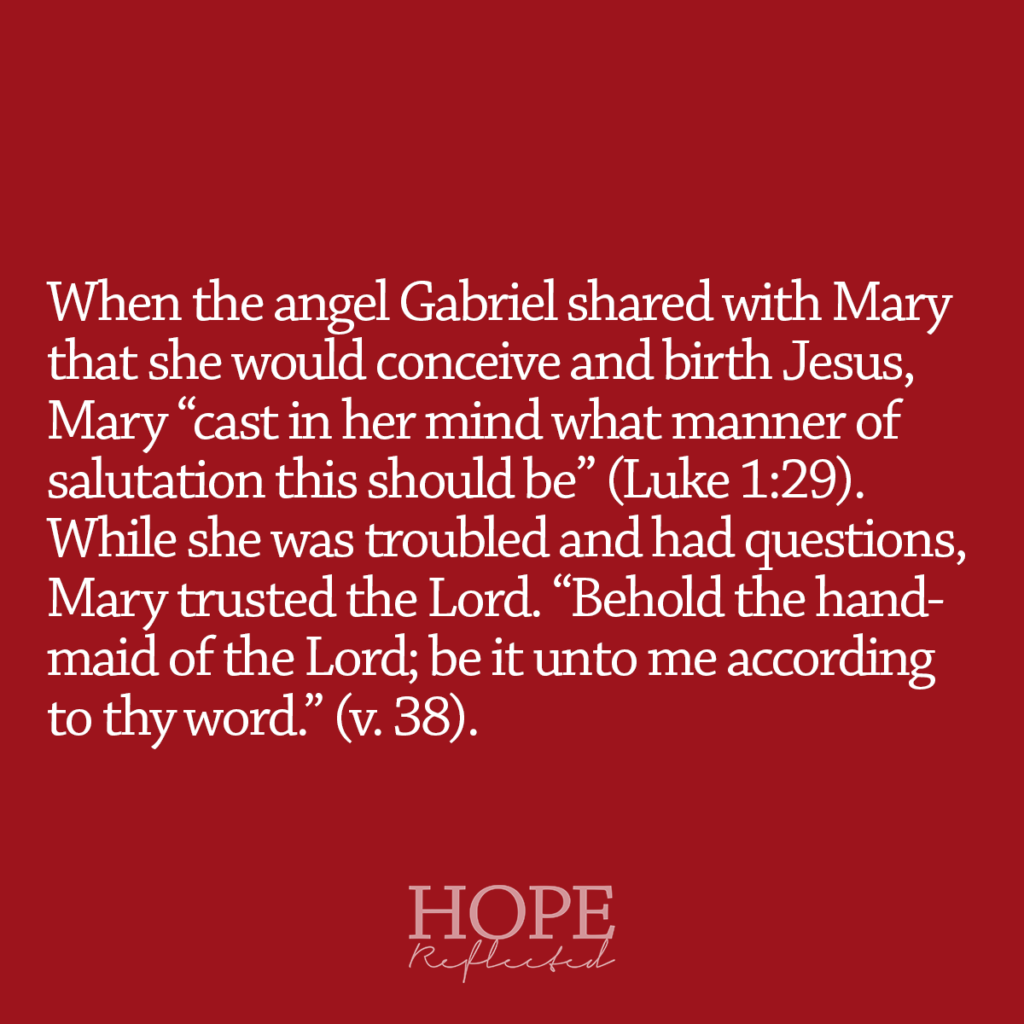
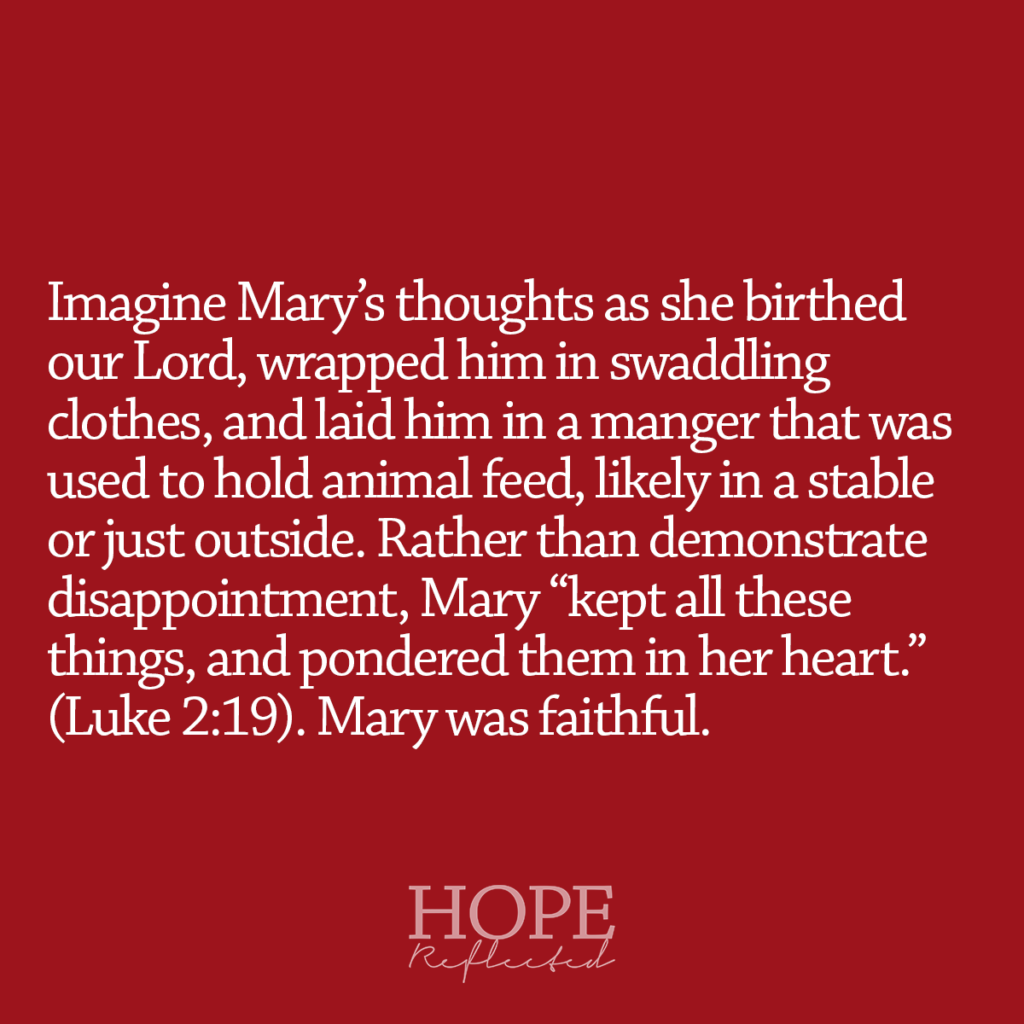
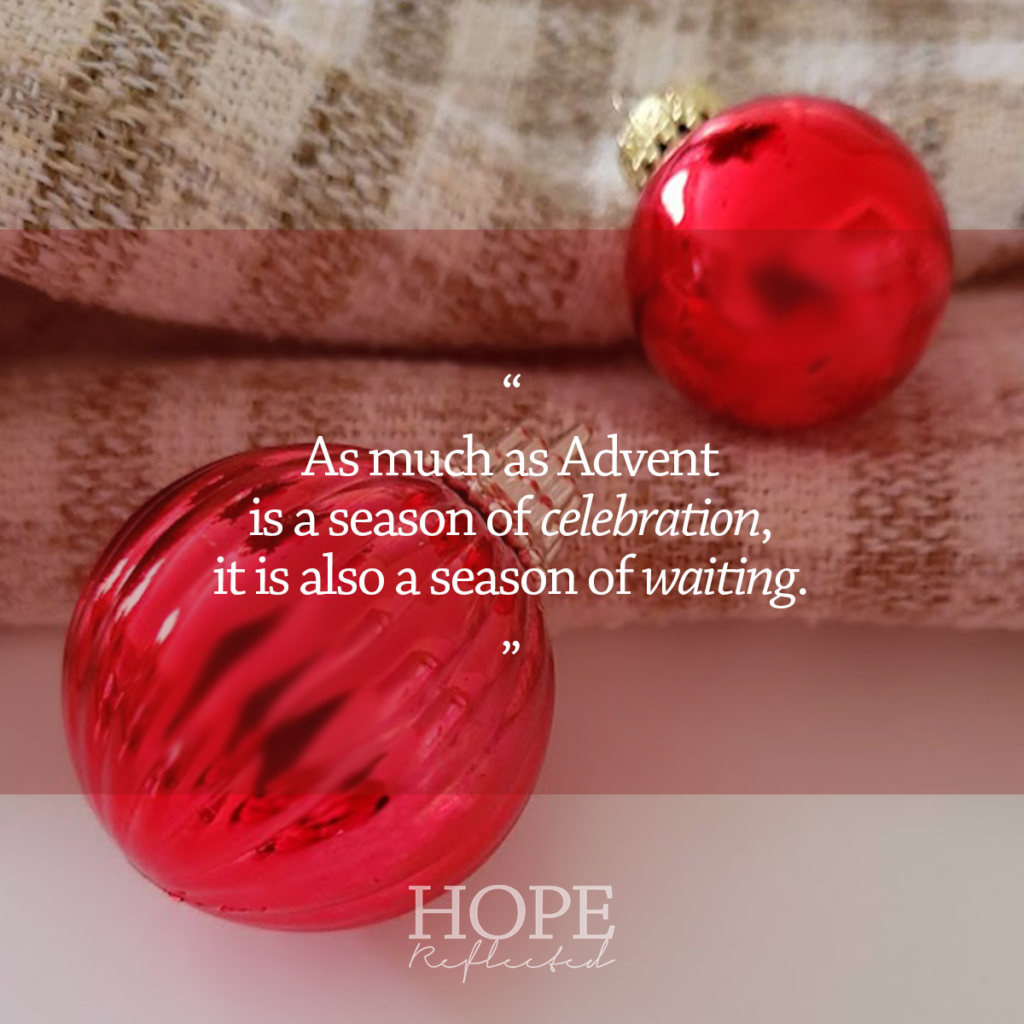
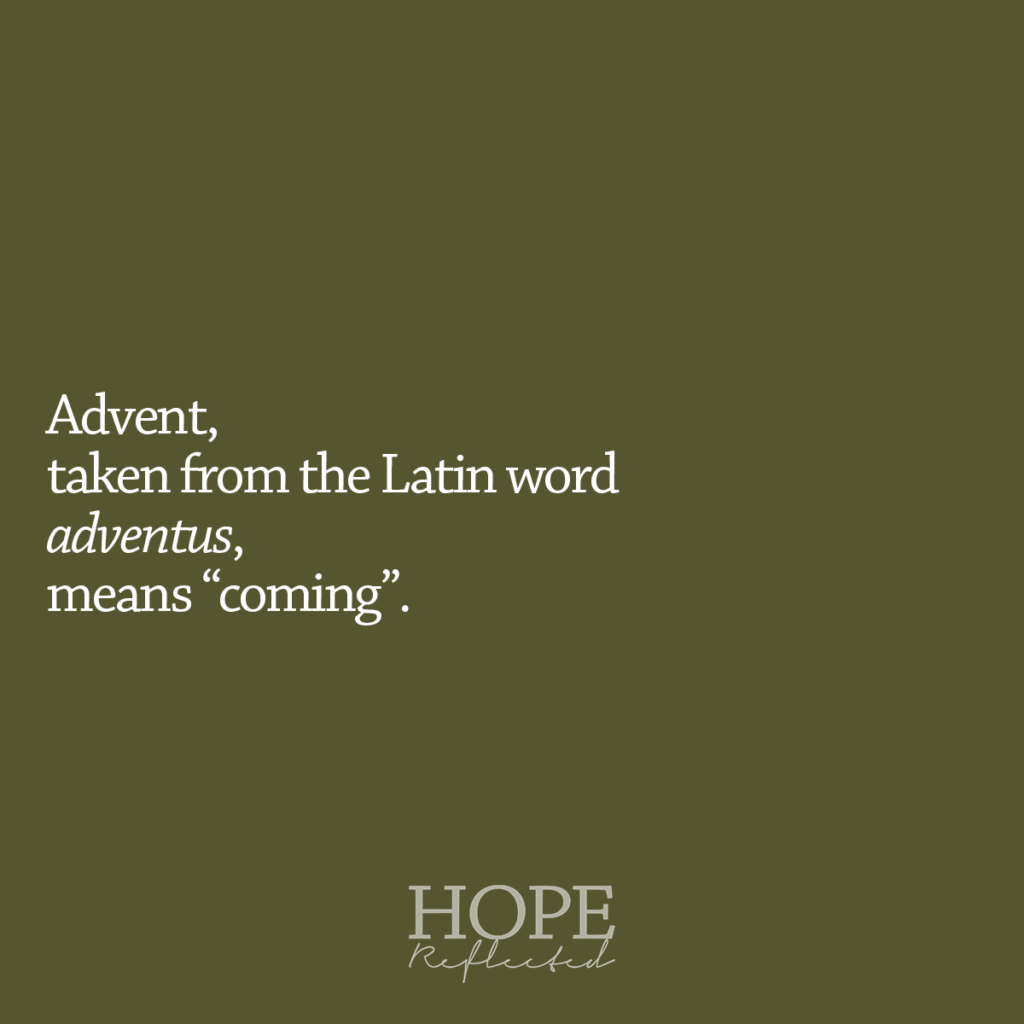
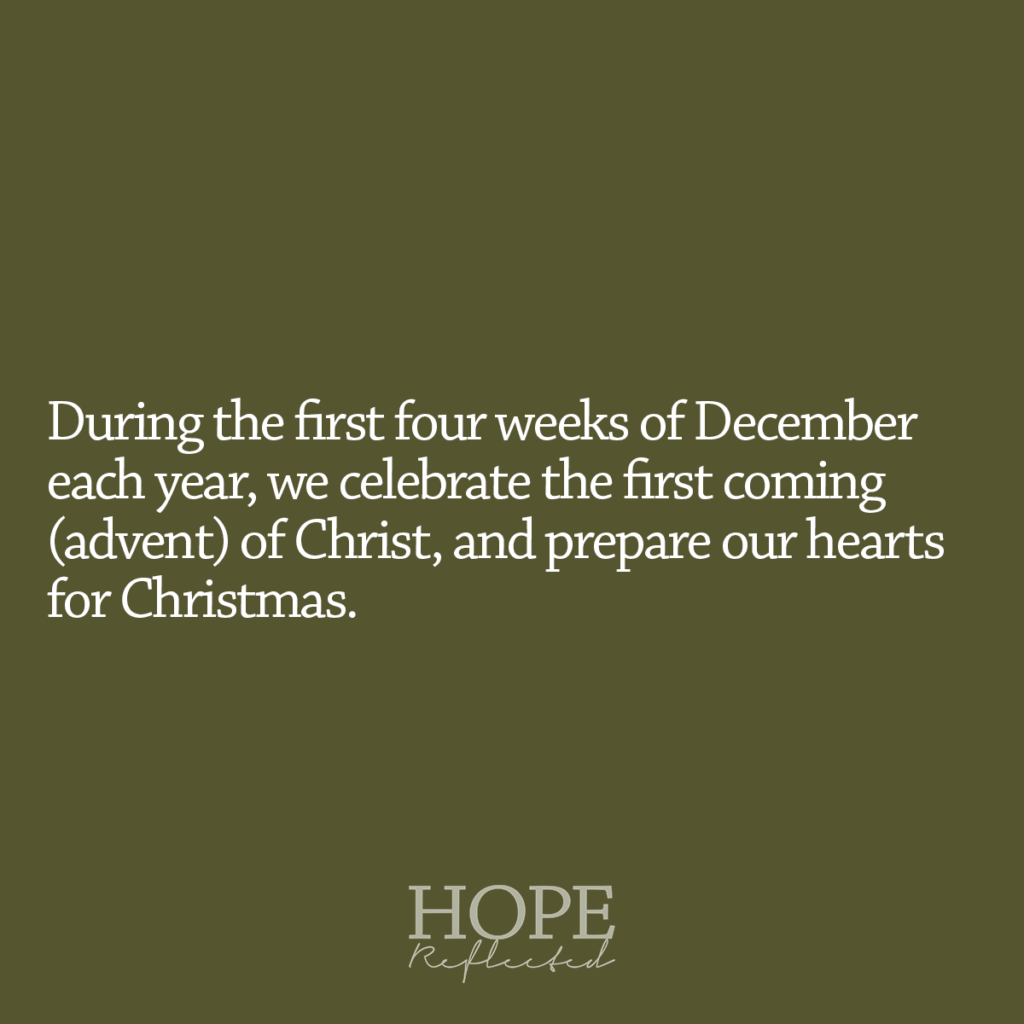

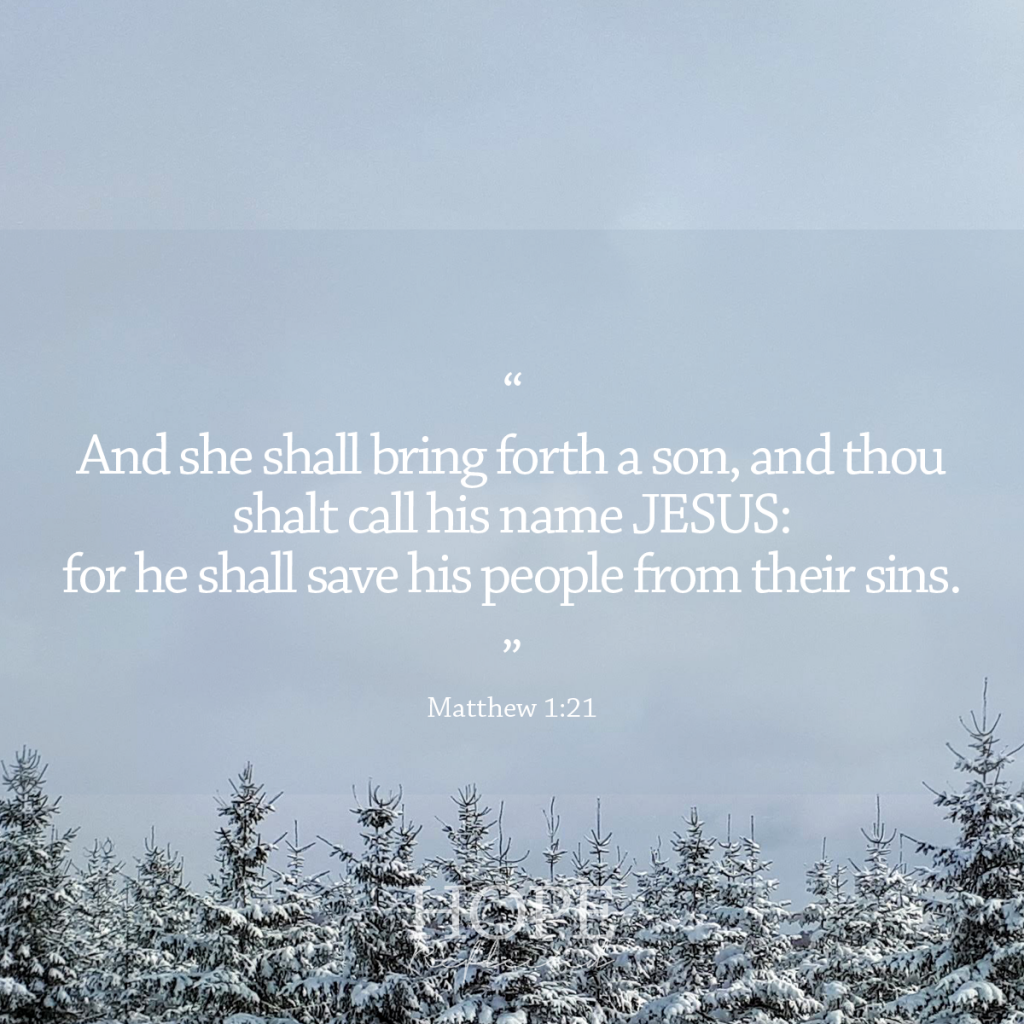
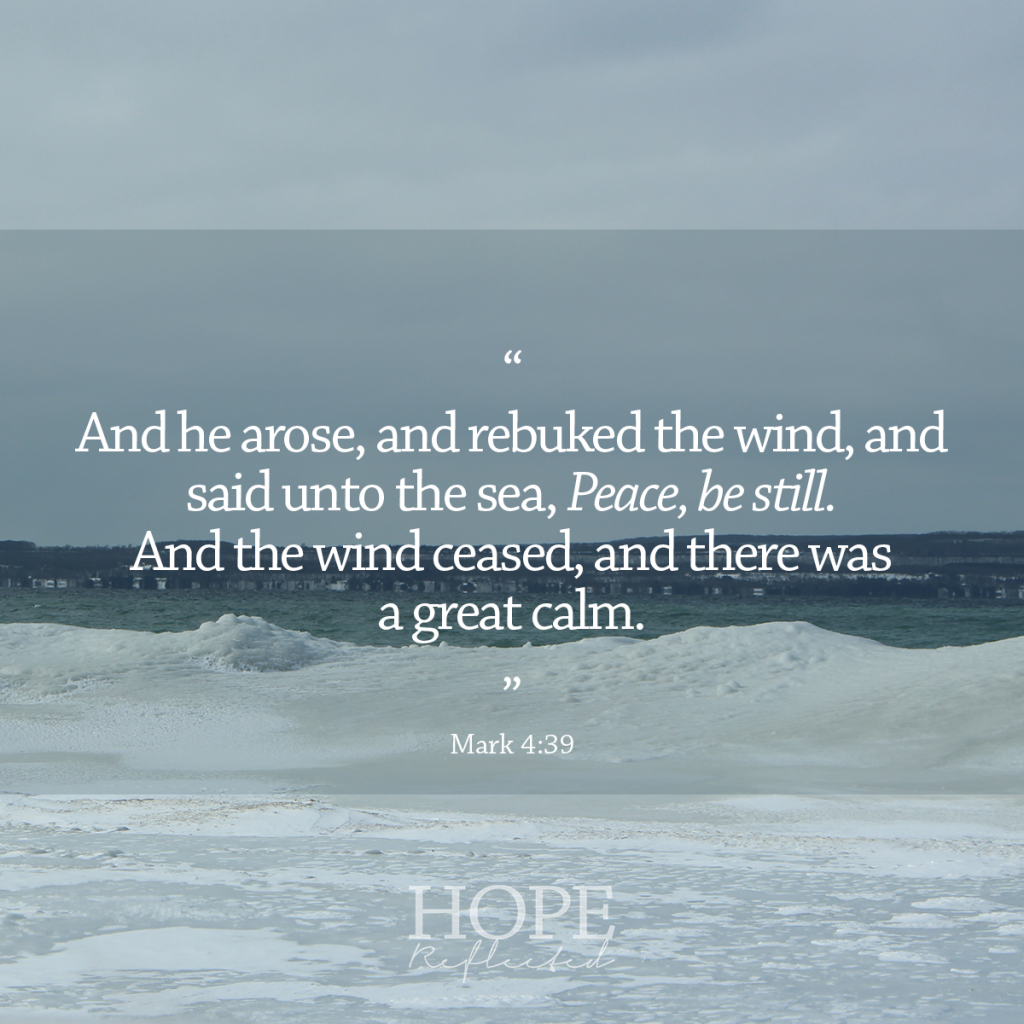



![False friends or counterfeit kindness; whatever you want to call it, the world is filled with people who will say one thing to your face and then another behind your back; people who will woo you in order to get something from you.
It’s sad, but it’s true.
The Bible provides us with examples from Joab to Judas, and yet, we’re surprised when we find ourselves deceived and hurt by someone else.
So what are some of the hallmarks of a true friend?
You can read more about this on hopereflected.com [Link in profile]
.
.
.
#friends #friendship #kindness #counterfeitkindness #hurt #proverbs #truefriends #hopereflected #blog #blogpost](https://www.hopereflected.com/wp-content/plugins/instagram-feed/img/placeholder.png)